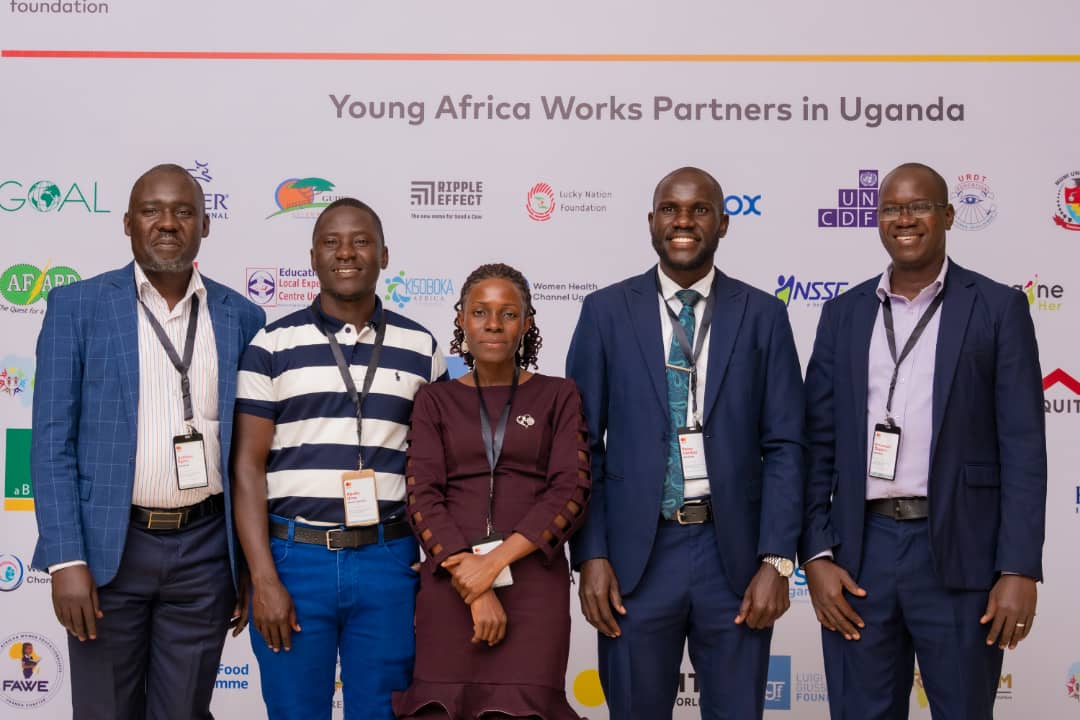Education in Africa is undergoing a massive transformation. With the rise of digital technology, the continent is embracing EdTech (Education Technology) to make learning more accessible, affordable, and innovative. From rural e-learning programs to AI-powered classrooms, the future of EdTech in Africa holds both exciting opportunities and pressing challenges.
Opportunities in EdTech Across Africa
a) Expanding Access to Education
Millions of African children still lack access to quality education. Online platforms, mobile learning apps, and e-libraries are bridging the gap, making education possible even in remote communities (UNESCO).
b) Affordable Learning Through Mobile Technology
With over 650 million mobile phone users in Africa, mobile-based learning is transforming how students access knowledge (GSMA Mobile Economy Report). Affordable data bundles and offline learning apps are making digital education possible for low-income families.
c) Innovation and Local Solutions
African startups are leading the way with homegrown EdTech solutions such as interactive learning apps, coding schools, and AI-driven tutoring platforms. Examples include Andela and uLesson.
d) Teacher Training and Digital Skills
EdTech is empowering teachers with new tools to improve classroom delivery. Online platforms like Coursera and Khan Academy are being used widely across African schools for teacher and student development.
a) Expanding Access to Education
Millions of African children still lack access to quality education. Online platforms, mobile learning apps, and e-libraries are bridging the gap, making education possible even in remote communities (UNESCO).
b) Affordable Learning Through Mobile Technology
With over 650 million mobile phone users in Africa, mobile-based learning is transforming how students access knowledge (GSMA Mobile Economy Report). Affordable data bundles and offline learning apps are making digital education possible for low-income families.
c) Innovation and Local Solutions
African startups are leading the way with homegrown EdTech solutions such as interactive learning apps, coding schools, and AI-driven tutoring platforms. Examples include Andela and uLesson.
d) Teacher Training and Digital Skills
EdTech is empowering teachers with new tools to improve classroom delivery. Online platforms like Coursera and Khan Academy are being used widely across African schools for teacher and student development.

Opportunities in EdTech Across Africa
Challenges Facing EdTech in Africa

Challenges Facing EdTech in Africa
a) Limited Internet and Infrastructure
While mobile penetration is high, reliable internet access remains a challenge in rural areas. According to the World Bank, nearly 45% of Sub-Saharan Africans lack access to electricity, which hinders online learning.
b) Digital Divide
Not all learners have access to devices such as laptops or smartphones, widening the gap between urban and rural learners (Brookings Africa Growth Report).
c) High Cost of Data
Internet data in many African countries is among the most expensive in the world (Alliance for Affordable Internet).
d) Policy and Regulation
Many African governments are still developing policies to support EdTech. The African Union’s Digital Transformation Strategy highlights the need for investment in infrastructure, teacher training, and policy frameworks.
a) Limited Internet and Infrastructure
While mobile penetration is high, reliable internet access remains a challenge in rural areas. According to the World Bank, nearly 45% of Sub-Saharan Africans lack access to electricity, which hinders online learning.
b) Digital Divide
Not all learners have access to devices such as laptops or smartphones, widening the gap between urban and rural learners (Brookings Africa Growth Report).
c) High Cost of Data
Internet data in many African countries is among the most expensive in the world (Alliance for Affordable Internet).
d) Policy and Regulation
Many African governments are still developing policies to support EdTech. The African Union’s Digital Transformation Strategy highlights the need for investment in infrastructure, teacher training, and policy frameworks.
The Road Ahead: The Future of EdTech in Africa
Despite the challenges, the future is promising. Governments, NGOs, and private companies are investing heavily in education technology. If infrastructure improves and costs are reduced, Africa could leapfrog traditional education models and become a global leader in innovative digital learning.
Future trends include:
AI in classrooms – personalized learning experiences.
Virtual and Augmented Reality – immersive science and history lessons (EdSurge).
Blockchain for Education – secure student records and certifications (World Economic Forum).
Public-Private Partnerships – collaborations to expand affordable access.
Conclusion
The future of EdTech in Africa is bright, but success depends on tackling infrastructure, affordability, and policy challenges. With the right investments and innovations, digital learning can unlock Africa’s potential, ensuring that millions of young learners are prepared for the future.
